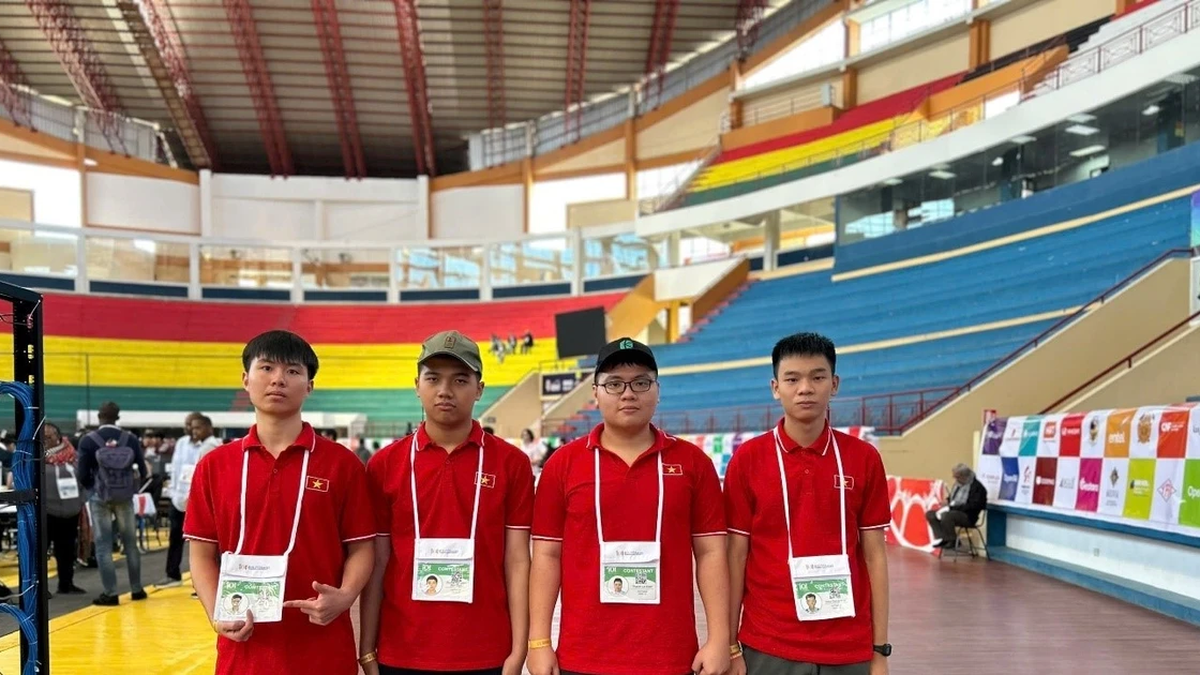These models will be integrated into the Meta AI virtual assistant, which is touted as the most sophisticated free virtual assistant among its peers.

Meta CEO Mark Zuckerberg. Photo: Reuters
Meta has been working to bring innovative AI products to its billions of users in a bid to challenge OpenAI's technological leadership.
The social media giant has publicly released its Llama models for developers to build AI applications on in an effort to catch up to rivals like OpenAI's GPT model.
Meta product manager Chris Cox said in an interview that Meta has equipped Llama 3 with more advanced reasoning capabilities, such as the ability to plan longer multi-step moves, which will come in future versions.
Meta said in blog posts that versions planned for release in the coming months will also be “multimodal,” meaning they can generate both text and images.
“The ultimate goal is to help you get things out of the way, to make your life easier, whether it's interacting with businesses, writing something, or planning a trip,” says Cox.
Meta shares were up 1.8% at the close of trading on Thursday.
Meta also announced a partnership with Google to bring its real-time search results into the assistant's responses, adding to its existing deal with Microsoft's Bing search engine.
The Meta AI assistant is expanding to more than a dozen markets outside the US with the update, including Australia, Canada, Singapore, Nigeria, and Pakistan. Cox said Meta is “still figuring out the right way to do this in Europe,” where privacy rules are more stringent.
Zuckerberg said the two smaller versions of Llama 3 currently available, with 8 billion parameters and 70 billion parameters, have scored well against other free models on performance benchmarks commonly used to evaluate model quality. He said the largest version of Llama 3 is still being trained, with 400 billion parameters.
Mai Van (according to Reuters)
Source



































































































Comment (0)